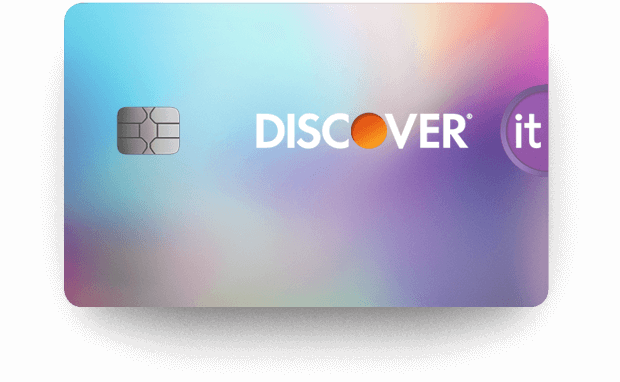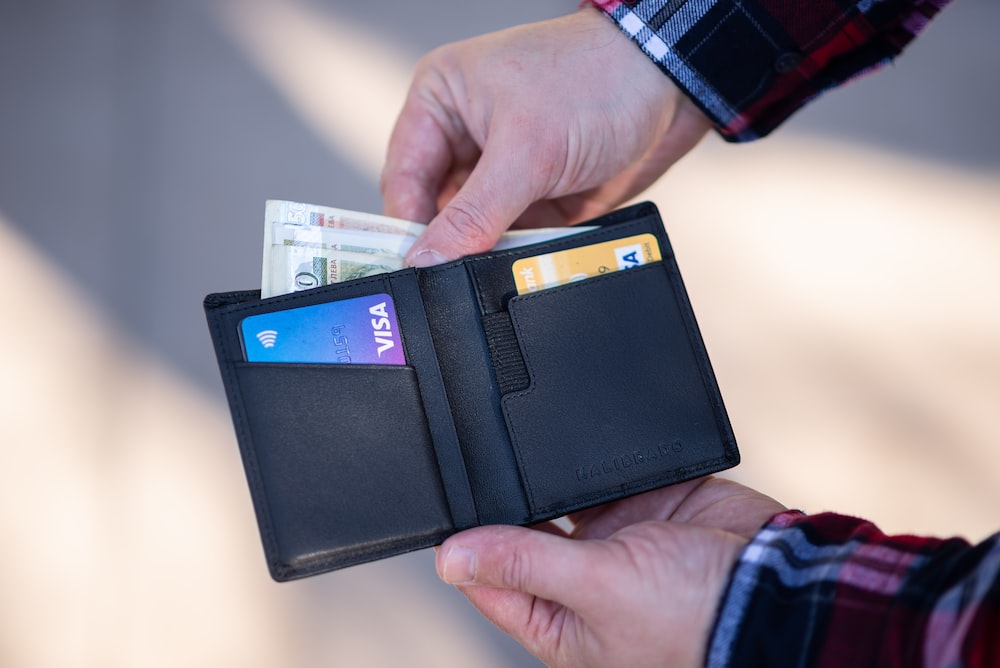Student financial management is not easy, particularly when using a credit card. Nevertheless, there are certain hidden secrets of student’s credit card that you should be aware of.
This post will reveal seven important tips any student should learn to get the best value for their credit card and the traps they easily fall into. Therefore, let’s dig deeper into the meaningful money tips and help you through your student time.
The Hidden Secrets Of Student’s Credit Card
- Begin your credit journey with low credit limits
- Make use of student discounts through reward programs
- Do not forget about interest rates and due dates for payments
- Utilize Credit Card Education Tools
- Building Credit History
- Monitor your credit score regularly
- Don’t Overstep Your Budget
1. Begin your credit journey with low credit limits
One of the hidden secrets of student’s credit card is to begin with a small credit limit when applying for a student credit card. Through this, one can control their exposure to debt and build proper creditworthiness.
You must understand how much it means to manage your credit limit. However, while studying, one has to watch over their limit of credit not to get into debt and not to exaggerate with expenses. A good tip in this respect would be to apply for credit cards with low credit limits.
This also implies that your account should be manageable, which helps avoid impulsive buying and overwhelming debts.
Moreover, your total debt as a proportion must never go beyond 30 percent of all your credit sources for you to earn a good credit rating and qualify for further debts like mortgages or loans.
2. Make use of student discounts through reward programs
The most popular incentives, including cash back and air miles, are specially designed for students. Use these platforms as they offer special bargains, student discounts, cashbacks, and other benefits.
For instance, some credit card companies give customers incentives to earn points that are redeemable for cash or even airline miles on each purchase.
Using these rewards programs, you will be saving a lot of money, and hence, your study credit card will be more than just a spending tool.
3. Do not forget about interest rates and due dates for payments
People like credit cards because they are convenient and flexible; however, most credit cards have higher interest rates. It is important to ensure that you clear your balance before the deadlines, and this should be done to avoid falling into debt.
This will save you some interest, and your credit score will be all right. Know the APR of a year on your credit card, and be sure to check all relevant terms and conditions.
4. Utilize Credit Card Education Tools
Many credit card issuers have several educational tools that enable students to develop credit card management skills and financial awareness. Utilize these resources, like online workshops, financial planning tools, and budgeting apps.
Therefore, equip yourself with adequate credit knowledge to make wise choices on how you utilize your credit card so that it continues to be a financial asset and not a liability for you.
5. Building Credit History
However, many young students fail to realize the significance of establishing positive credit habits early in their lives. Your credit score determines whether you can enjoy future financial ventures like seeking a car loan or even getting an apartment on rent.
Using a secured loan and being an authorized user on your parents’ loan are some of the ways through which you can begin building credit. The adoption of such strategies will help you develop a good credit report that reflects effective credit usage as well as quick repayments.
6. Monitor your credit score regularly
Good credit builds on consistent monitoring of your credit score. It enables you to monitor any alterations, spot mistakes, and rectify them as soon as possible.
You need to update your credit score regularly through the online free credit score tools provided by the credit bureaus and/or credit card issuers.
You can get an idea of the effect of your financial decisions by checking your credit scores regularly.
7. Don’t Overstep Your Budget
Also among the hidden secrets of student’s credit card is to learn how to keep the use of student credit cards under control. Resist the urge to splurge on things you can’t afford. Use your credit card only for necessities and emergency expenses.
Be smart; create a budget, and make sure that you are paying off your credit card each month. If used wisely, that credit will help you start creating your solid financial foundation as well as building up a good credit report that will serve you once you are out of college.
How Do I Find a Good Credit Card as a Student?
As a student, looking for a credit card that is appropriate here, are a few covert financial moves, that can help you navigate through the process:
- Building Credit History: Building your credit history from student credit cards will help students with other future financial challenges.
- Student-Focused Perks: Most cards provide benefits such as financial bonuses for school product purchases, scholarships, and rebates on various education items.
- Lower Credit Limits: Student credit cards are designed with limited incomes in mind and carry a low credit limit, thus promoting careful use of credit.
- Accessible Approval: These cards are specially designed for people without a credit history and typically come with a softer approval process.
The Top 5 Student Credit Cards.
1. Discover It® Student Cash Back Card

Key Features:
No Annual Fees: Students don’t need credit score to apply
- Cashback Rewards: Cash back on rotating categories and 1% on all others.
- Good Grades Reward: Cashback bonus when you keep your GPA high.
Read also: Discover Student Loans: A Full Review
2. Capital One’s Journey Student Rewards
Key Features:
- Cashback Rewards: Cashback on everything purchased; it is possible to have higher rates depending on responsibility usage.
- Credit-Building Tools: You can check your credit score through the CreditWise website and also obtain various tips on how you can build a solid financial history.
- No Foreign Transaction Fees: Ideal for students studying abroad.
3. Citi® Secured Mastercard® for students
Key Features:
- Secured Credit Card: A safer and more creditable arrangement that entails making a secured deposit.
- Credit Limit: This is dependent on the number of security deposits.
- No Annual Fee: The student-credit-builder approach.
4. Bank of America® Travel Rewards Student Credit Card
Key Features:
- Unlimited points
Earn unlimited 1.5 points for every $1 you spend on all purchases everywhere, every time and no expiration on points
- Travel Rewards: Get rewarded for your travels with every purchase.
Introductory 0% APR: No purchase interest during the first 12 months. - No Foreign Transaction Fees: A Good Decision for Travel-Intending Students.
Choosing the Right Student Credit Card
i. Before choosing a specific student credit card, it’s important to review its rewards plan, any associated fees, and additional benefits like built-in credit-building tools.
Furthermore, ensure that you have responsible credit usage by ensuring that you pay on time and do not exceed your agreed-upon limit.
ii. Consider Secured Credit Cards: A secured credit card is one of the best options for people with very limited and non-existent credit histories.
With such cards, you deposit money with the card company, and this amount acts as your credit limit, thereby helping you to build credit responsibility.
iii. Look for cards with no annual fee. Since you are a student, your budget is most likely tight, so it is essential to get a credit card without an annual fee. Minimize the number of unwanted purchases you make with a credit card.
iv. Research Rewards Programs: Some student-oriented rewards are in place on some credit cards. Seek cash-back rewards that accrue on day-to-day expenses such as gas and groceries or that have student-specific benefits and advantages.
v. Credit Limit and Usage: Choose a credit card with a manageable limit commensurate with expected costs and expenditures. However, ensure that you avoid maxing it out, as high credit utilization will be viewed negatively and affect your credit rating.
vi. Interest Rates: Find cards with lower interest charges to minimize your balance transfer fees similarly. Other cards go as far as having an introductory period that bears a zero percent interest rate.
vii. Credit Building: For those who want to build credit, look for student-type cards that do not require any prior credit history. Using credit responsibly is an opportunity to establish a good credit report.
Conclusion
These are some of the well-hidden secrets and tricks student’s credit cards. To get the best out of your credit card, begin by using small credit limits, taking advantage of their rewards programs, being careful about interest rates as well as payment deadlines.

